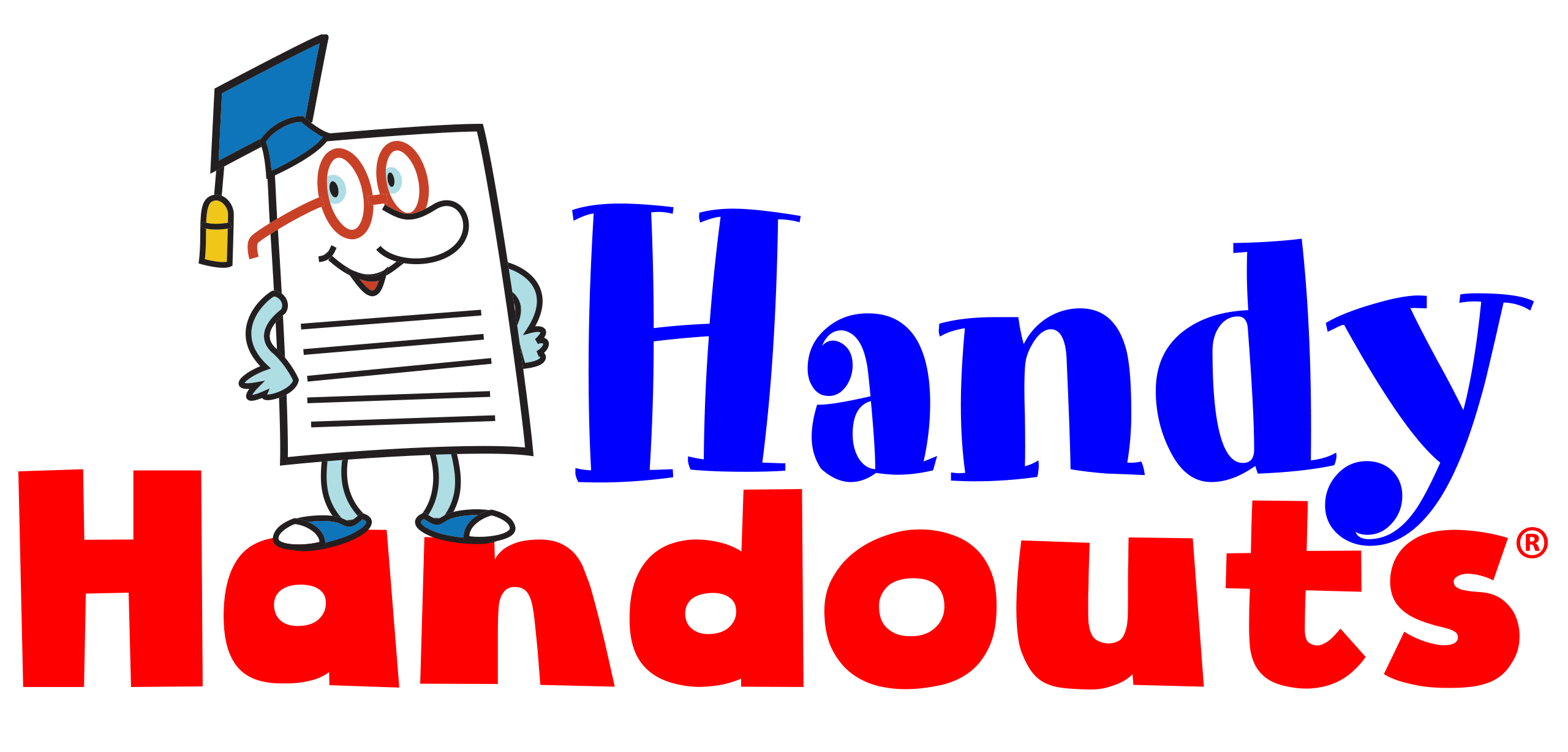By Adrienne DeWitt, M.A., CCC-SLP
Many families will be on the road during the holiday season visiting relatives or enjoying time off from school and work. On these adventures, it is important to remember that language learning goes beyond the four walls of a classroom or a therapy room. Whether by trains, planes, or automobiles, family vacations are a great way to generalize language skills to new environments. Travel also bonds families together, raises cultural awareness, teaches organization and problem-solving skills, and is just a whole lot of fun! Here are some ways to make a holiday trip not only enjoyable but a learning experience for a child who is developing language or has a language disability.
- Involve your child in the preparation – There is a lot to do before a big trip. Have your child work on following directions while packing (“Put the green shirt in the suit case before you put in the blue jeans.”) Also, involve your child in the planning! You can target social conversation by talking about preferences with your plan (“Do you like to go to ice skating or snowboarding?” “I like skating better because…”)
- Talk, talk, and then talk some more! – Describe everything around you, whether it is the architecture, the cars on the road, or the decorations on a tree (see Handy Handout #546 for tips on describing.) By describing your environment, you are providing a language model for your child that helps develop sentence structure and vocabulary. To target social conversation, discuss feelings as your family moves through its adventure (e.g. “I was really excited to see my cousins,” or “I did not like the tour because my feet were tired.”).
- Sequence events – Before your start your endeavor, go over the sequence of events to expect. For example, when going to the airport, review the steps that it takes to board the plane (e.g. “First the taxi takes us to the terminal, then we get out and go to the desk to check our bags, then we wait in line and go through the scanner, finally we go to the gate and get on the plane.”). You can also sequence your itinerary (e.g. “First we are going to the Statue of Liberty, then Ellis Island, and then Rockefeller Center to see the tree!”). Ask your child what the sequence of events was after the day is over. Sequencing not only aides in executive functioning and story comprehension, it can also help children who struggle with transitions to feel comfortable with a plan. Use pictures to help visualize the steps if needed.
- Write about the experience – After the day is done, work on writing and memory skills by logging events in a journal. The child can write about some of the items he/she saw or a favorite part of the adventure. For struggling writers, encourage drawing pictures, provide a word bank of key words to use, and have a discussion on what the child is going to write before he/she starts putting pen to paper (see Handy Handout #541 on tips to organize writing). Journaling is also a great way to look back at your vacation and remember experiences, like a photograph with words.
- Make it a sensory experience – There are many sights, sounds, smells, tastes, and textures in this world to explore. Children learn through their senses, so make sure to give them opportunities to immerse themselves in your trip, such as touching a sting ray in an aquarium touch tank, tasting a new dish, or listening to the animals in a new forest. Make sure to have a discussion with your child about what he/she experienced.
- Apply it to what your child is already learning in school – Use travel as another instructional tool. Museums are great places to learn history. Zoos, aquariums, and botanical gardens are great places to learn biology. Have a discussion with your child’s educator about the curriculum while planning your adventure.
Many families are apprehensive to travel with children due to costs or logistics. Preparation is key to any successful
adventure with children. If you are traveling with a child with special needs, Handy Handout #439 provides
some great tips when planning your trip. Have a blast discovering new lands and new communication skills this
holiday season!


